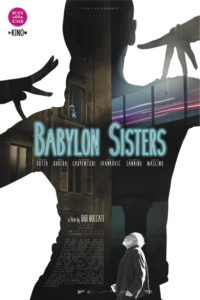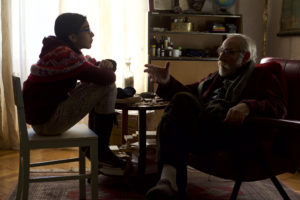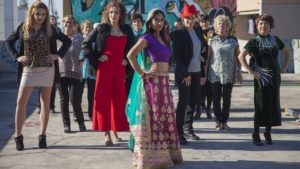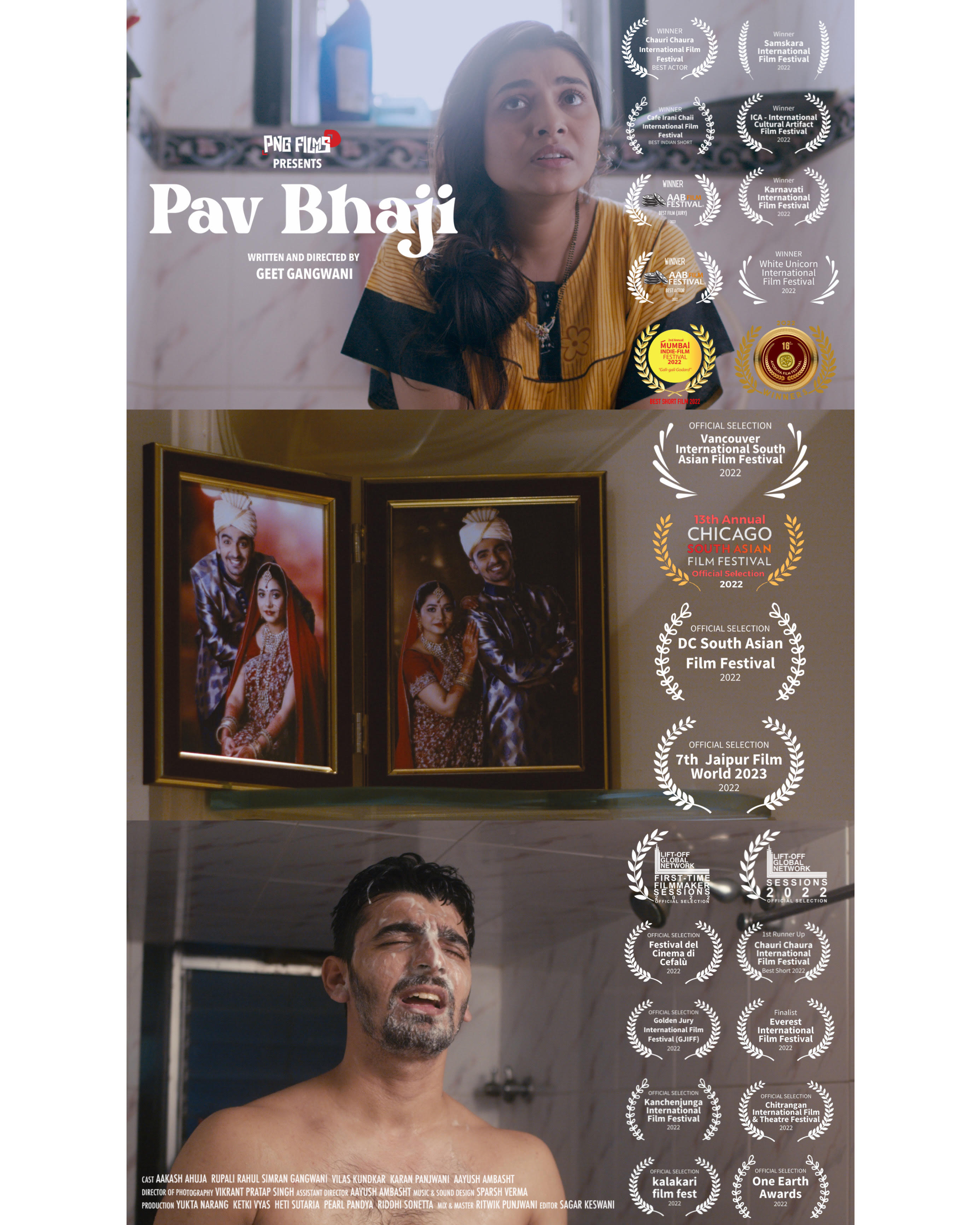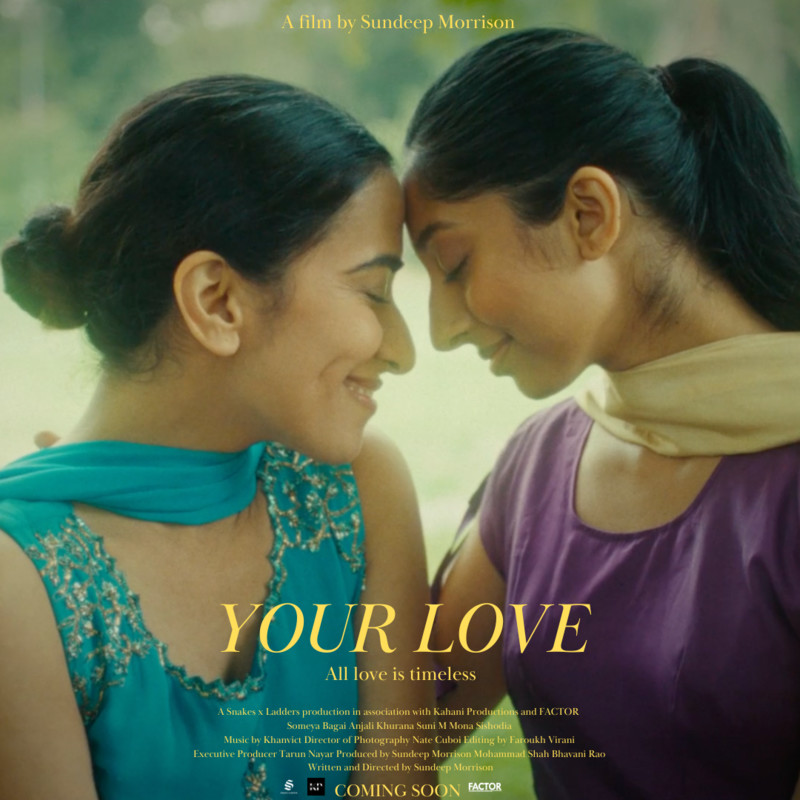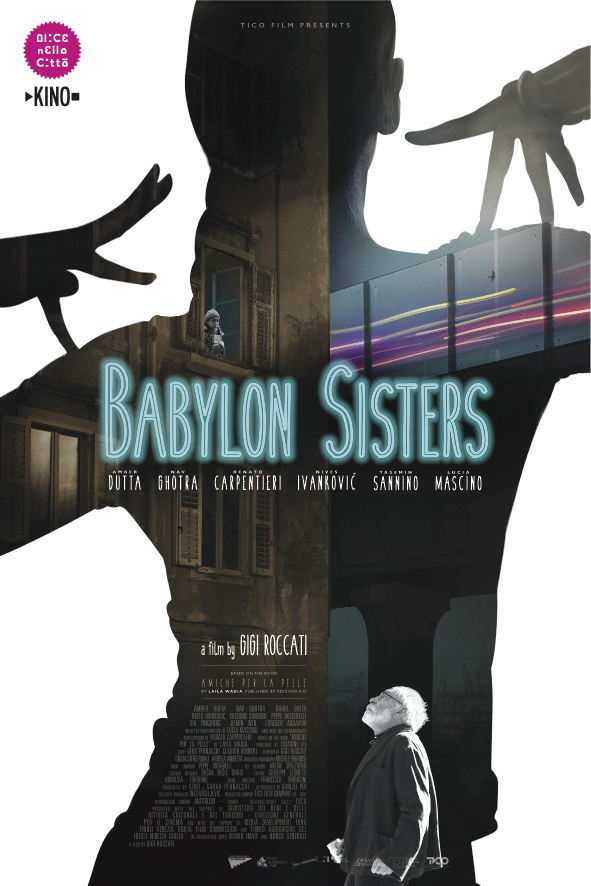
DFW SAFF 2018 Film Review “Babylon Sisters”
WATCH THE TRAILER HERE
First, the Recap:
How do strangers become friends? When those of vastly different backgrounds, ethnicities, creeds, and colors find themselves together, carrying out their own lives, what will it take to see everyone come together? Shared struggles, mutual need, and a newfound acceptance of like circumstances become the driving forces behind such a movement to unify in a rundown tenement building outside of Trieste. Residing within are a multitude of immigrant families/individuals–Shanti (Nav Ghotra), her husband Ashok (Rahul Dutta) and daughter Kamla (Amber Dutta), Lule (Yasemin Sannino) with her husband Besim (Peppe Voltarelli), Mr. Fong and Rose Bud (Xia Yinghong), and Marinka (Nives Ivankovic)–along with a retired, cantankerous, and bigoted former school teacher, Professor Leone (Renato Carpentieri).
Life remains mainly uneventful for them all, mostly keeping to themselves with little direct interaction, until the tenement’s unscrupulous, unmerciful landlord Zacchigna (Lorenzo Acquaviva) dumps an eviction notice on all of them. As tensions escalate, the men want to fight while the ladies choose a more constructive approach to find any way they can to prevent them all from being kicked out and expose the injustice occurring, all while still managing to maintain a hold on any hope for what their respective futures, dreams, and chances for a better life might contain. Between the unanticipated friendship that blossoms between Kamla and Professor Leone, despite her father’s consternation over it, and the aid of a local social worker named Laura (Lucia Mascino) who offers up an inspirational idea, it becomes a journey of seeing worlds unite in order for all to benefit.
Next, my Mind:
If there was ever a time when a narrative about the power of bonding together with your fellow man, regardless of ethnicity or beliefs, plus the amazing good it can accomplish, was needed, it’s now. Case in point would be this 85-minute indie feature film from writer/director Gigi Roccati making its North American debut at DFW SAFF 2018. What starts with a group of characters fairly divided, having nothing in common other than all being immigrants having moved to Italy, events take a huge and intensely affecting turn when they all face a new commonality–losing their home. Despite their differences culturally, religiously, and otherwise, they all band together in unified solidarity, overcome their biases and preconceptions, find resolution to their disagreements and misunderstandings, care and invest in each other, and then discover a fresh optimism and reason to initiate the changes needed to see their lives impacted for the better. It’s that diversity powering through adversity and coming out the other side with more strength, resolve, and renewed faith in humanity that drives this tale, with a finale that brings a charming, light-hearted, smile-inducing conclusion to an otherwise mainly dramatic affair, granted with a few other amusing moments interspersed along the way.
Relying on quite the impressive ensemble cast, it’s hard on many levels to single out any one performance that outshines another here, which is perfectly fine given the film’s premise and overall execution. Ghotra is wonderful as Shanti, a lovely young Indian mother who harbors the deepest love for her husband and daughter, empathizing with them as well, given Rahul’s struggle to find decent work, while also encouraging progressive thinking in nurturing Kamla’s natural curiosity and inquisitive nature. Plus, Shanti has a gift for dance that surprises many and becomes a key factor as events unfold. Shanti’s initial hesitations and shyness in interacting with the others gets totally transfigured, and it’s a wonderful freedom to see her experience, which Ghotra embodies perfectly. Dutta is a gem as Kamla, Shanti’s daughter and one intelligent girl determined to learn as much as she can from whomever she can, not to defy any traditional mindset her family instills, but to simply be as knowledgeable as possible. Plus, Kamla becomes a primary factor for a major breakthrough with Prof. Leone as well, which is heartwarming and stirring, impacting them both in unexpected ways. It’s played so innocently by Dutta, and it’s that believability that lends the character her strength and relatability.
Sannino plays Lule, a woman originally aiming to be a star singer, but had fate take her in other directions. Still confident in what she believes she can bring to the table talent-wise, which is also fueled by her musician husband Besim, Lule remains an overall quieter, level-headed voice amongst the ladies in the group, but can go full-on confrontational if needed, which Sannino shows us quite effectively over the course of the film. Ivankovic chews scenery in her role as Marinka, whose often gaudy choices in attire and even more outspoken opinions tend to rub people the wrong way at first. But, she’s willing to fight for her friends, unwilling to back down to any challenge, which comes in handy during the group’s run-ins with Zacchigna, well played by Ivankovic. Yinghong is Rose Bud, a fiery Chinese immigrant who also isn’t afraid to mix it up with people, yet has the kindness of heart that belies any feistiness she might show, and Yinghong also navigates these nuances well here. Then there’s Carpentieri as Prof. Leone, a rather angry old man who only wants his peace and quiet and certainly has his terse opinions on all the foreigners in the building while also refusing to bow to the eviction notice. But, he also gets one of the most profound transformations in the film, and watching this occur is truly amazing, honestly summing up the film’s thematic elements involving being open to diversity.
It’s very well acted out by Carpentieri from start to finish and his character does lend itself to both some of the most humorous and most dramatic moments. The additional supporting turns are well done, from Rahul Dutta as Ashok, a loving but frustrated and highly protective husband/father, Voltarelli as Lule’s musically-inclined better half Besim, Acquaviva as the duplicitous landlord Zacchigna, and Mascino as the well-intentioned social worker who becomes the springboard for events taking the positive turn they do for the group. In total, with its beautiful themes of unanimity, cohesion, embracing unconventional friendships, and transcending cultural and societal barriers to find common ground, “Babylon Sisters” should speak volumes to a world currently in desperate need of these exact elements and more.
As always, this is all for your consideration and comment. Until next time, thank you for reading!
